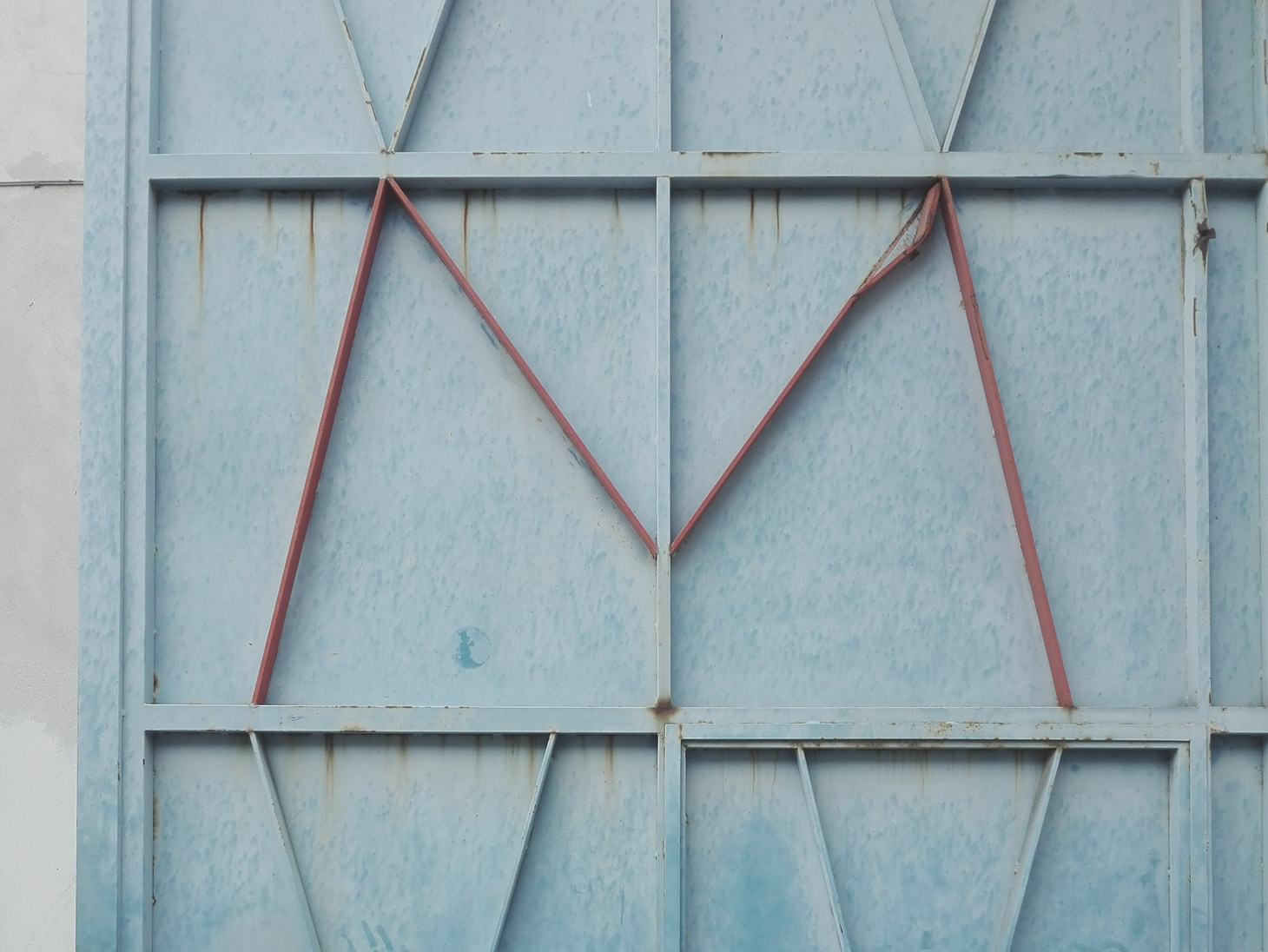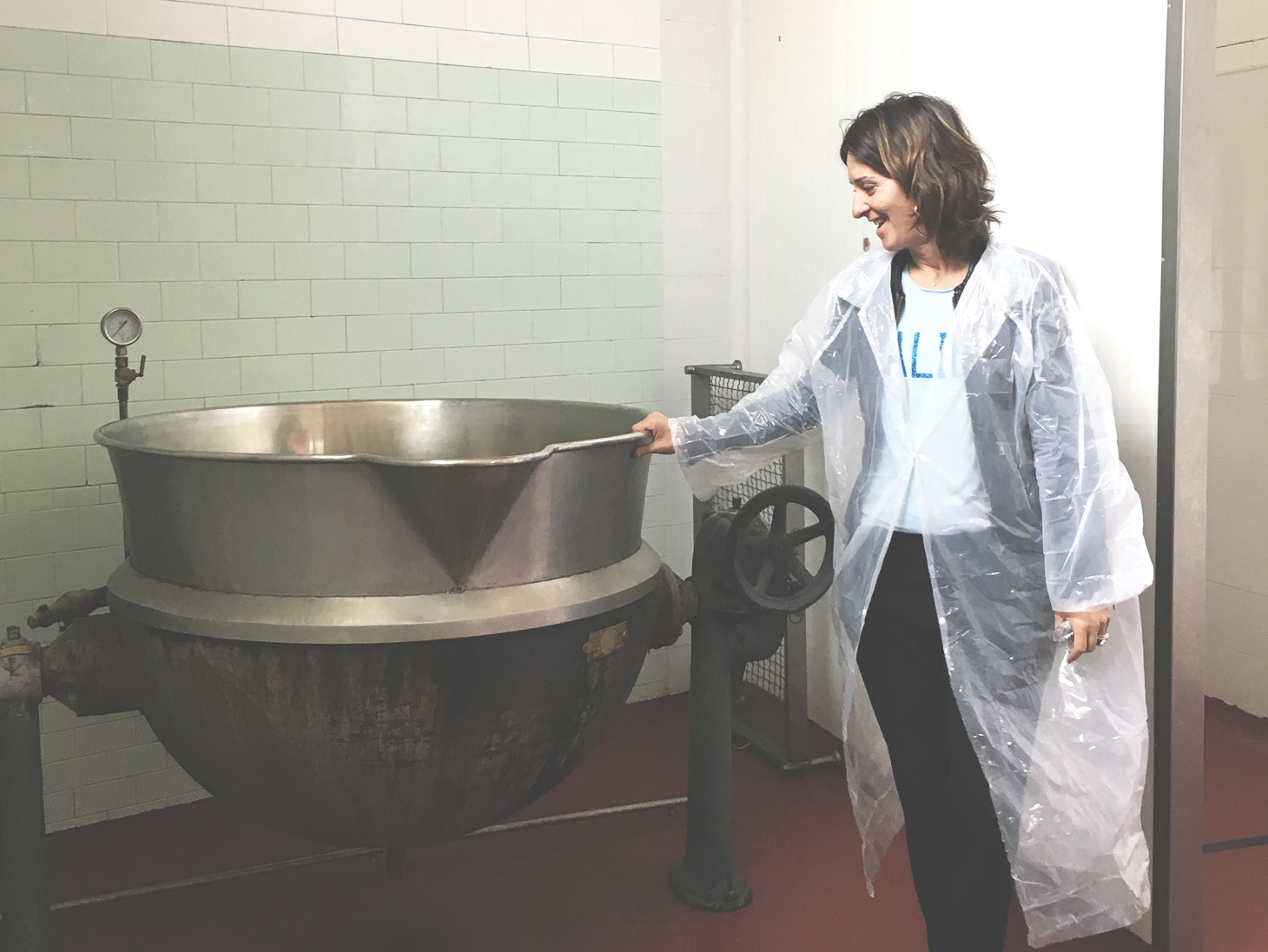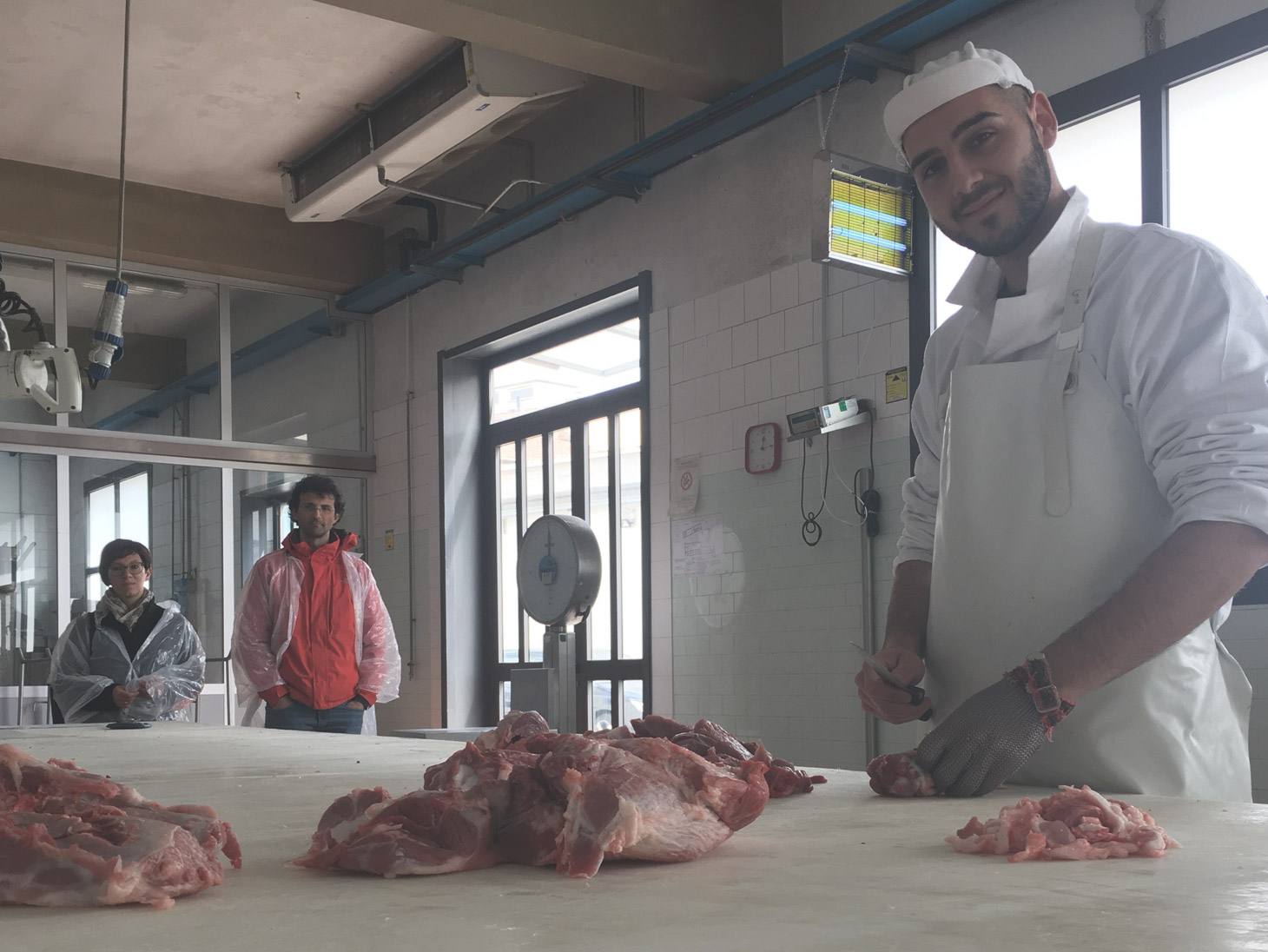Salame Toscano, Coppa di testa, Arista e Prosciutto Toscano DOP produced by Salumificio Meoni, four generation of butchers.The story of a day in Montale and a pleasant conversation with Elena Meoni...

Montale is a tiny village next to Appenin mountains and very close to Pistoia city, everything around says we are in Tuscany.
We are about to visit Salumificio Meoni, but we struggle finding the right place. We feel like strangers while elderly people, satting in the main place, are chatting, but in a way also observing us hanging around.
We finally got it! Elena Meoni is welcoming us. She is the one appointed to collect the heritage and defend the history of her family, four generations of butchers since the end of 19th century.
It’s a story of strain, sacrifice and dedication, it’s not the first time we listen to similar experiences.
So difficult to hand down tradition and savoir-faire and at the same time face the issues of the market: new investments to adapt the structure at sanitary and new hygiene rules, leading people and resources.
But her smile and her enthusiam tell us how proud and satisfied she is about her choice.
In Tuscany hospitality has to do often with food and wine, we are just arrived and we have in front a glass of wine and a massive tray of their cold cuts: Prosciutto Toscano, Coppa di Testa, Salame Toscano, Capocollo, Pork loin, Sbriciolona. Before the tasting begins we asked Elena to give us a little background of Meoni family to better understand what we are about to taste.
Elena commences her narration speaking about her grand-grandfather, which was the butcher of the village, who used to visit every family to offer his services of slaughtering and cold cuts preparation. That activity was passed down to his son Elio (Elena grandfather) and then again to his sons Roberto and Dante.
During the fifties this activity became a structured company based in Montale.
The main focus was a slaughter house, a production line of charcuterie and a shop to sell also fresh meats.
The position has been chosen because of the proximity with Settola stream, so beneficial for prosciutto maturation.
Hence we felt an intense link between family history and product taste since the very first bites. But, as it normally happens, maintaining the production in the historical position, inside the village, have costed sacrifices and big renovations in buildings. It has been not easy to refurbish the maturation cellars and adapt them to modern hygienic standards: during ’90 wood beams and brick walls had to be replaced by refrigerated caves.
In 2009 Meoni finally decided to close the slaughter house because it was completely merged in the centre of the village and that had such a big impact in the everyday life of neighbourhood.
“Surely we cannot evaluate the pork still alive, but it’s always extremely important to buy high quality meats coming from local farms we trust” - Elena says.
Also spices to season meats are selected carefully and today she uses the same partner of his grandfather, the old Drogheria Giuseppe Ciappi which freshly grinds pepper on demand.
Once we finish the tasting we visit the production site, it’s quite clear that has been not recently built, but it’s clean, tidy and well organized. And I assure you I’m quite attentive and demanding with those aspects...
We have seen also the steam boiler dated 1978 where they cook still today Pancetta, Pork loin and cuts addressed to Coppa di Testa preparation. 
Green tiles on the walls, red tiles on the pavement, grit tiles on the stairs and on the corridors are creating a vintage effect that give us the sense of the origin and history.
After we say goodbye to Elena we feel a sense of emotion and nostalgy, but also a sense of desire and responsibility.
The desire to tell people what we have seen and the responsibility to help Elena’s family to preserve its art, an art passed down from generation to generation.
Giorgia Barbaresco
Quality Director



